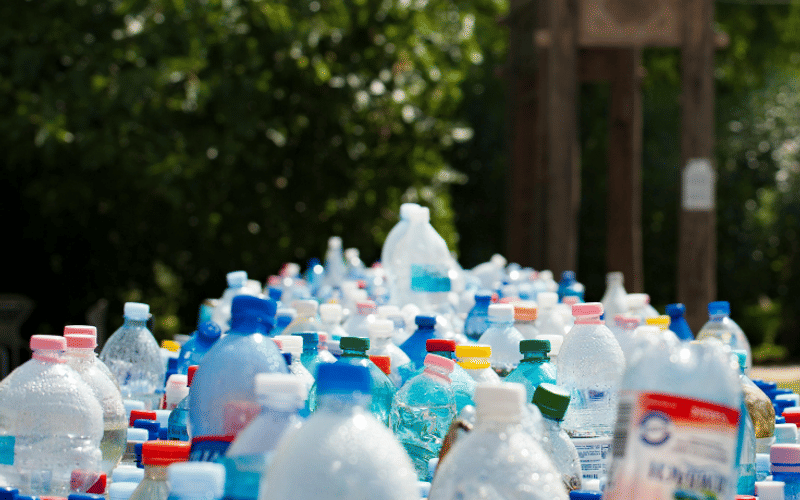Recycling mixed plastic waste without sorting
The Korea Institute of Machinery and Materials has announced that its Centre for Plasma Process for Organic Material Recycling, in collaboration with several universities, has developed a process which transforms waste plastics directly into raw chemical feedstock.
08 Sep 2025 | By WhatPackaging? Team
This study investigates the inconvenience of separating plastics for recycling. A team of Korean researchers has developed the world’s first technique for chemically recycling mixed waste plastics into raw materials in a selective manner, eliminating the requirement for tight sorting or label removal.
The Korea Institute of Machinery and Materials, under the National Research Council of Science and Technology, announced that its Center for Plasma Process for Organic Material Recycling, carried out in collaboration with the Korea Research Institute of Chemical Technology, Korea Institute of Industrial Technology, Korea Institute of Science and Technology (KIST), and several universities, has developed a plasma conversion process.
The process transforms mixed waste plastics into ethylene and benzene utilising plasma, a highly charged gas at high temperatures that has substantially faster reaction kinetics and higher energy transfer efficiency than traditional pyrolysis.
The Korea Institute of Machinery and Materials (KIMM) research team has created the world’s first ultra-high-temperature plasma torch fuelled solely by hydrogen. The torch decomposes mixed waste plastics in less than 0.01 seconds at temperatures ranging from 1,000 to 2,000 degrees Celsius. By adjusting the reaction temperature and duration, the researchers reached selectivity levels of 70-90% and ethylene yields greater than 70%. Following purification, more than 99% of the product could be used as high-purity raw materials in plastic manufacturing.
The research investigated that ultra-high-temperature operation quickly degrades polymer structures while inhibiting carbon production with 100% hydrogen fuel. As a result, the process ensures long-term operating stability while also allowing for selective conversion of more than 70-80% of the outputs into ethylene and benzene.
Once commercialised, this method is projected to boost Korea’s chemical recycling rate for waste plastics, which is currently less than 1%. It acts as an alternative to incineration, with substantial potential for carbon reduction. Furthermore, when driven by renewable energy, the process can become almost carbon-free.
Pilot operations have proven economic feasibility, demonstrating that ethylene production costs are equivalent to those of conventional feedstocks. The team intends to conduct long-term demonstration operations at a Korean site commencing in 2026 to accelerate commercialisation.
This article is based on a report published by the Korea Institute of Machinery and Materials.


